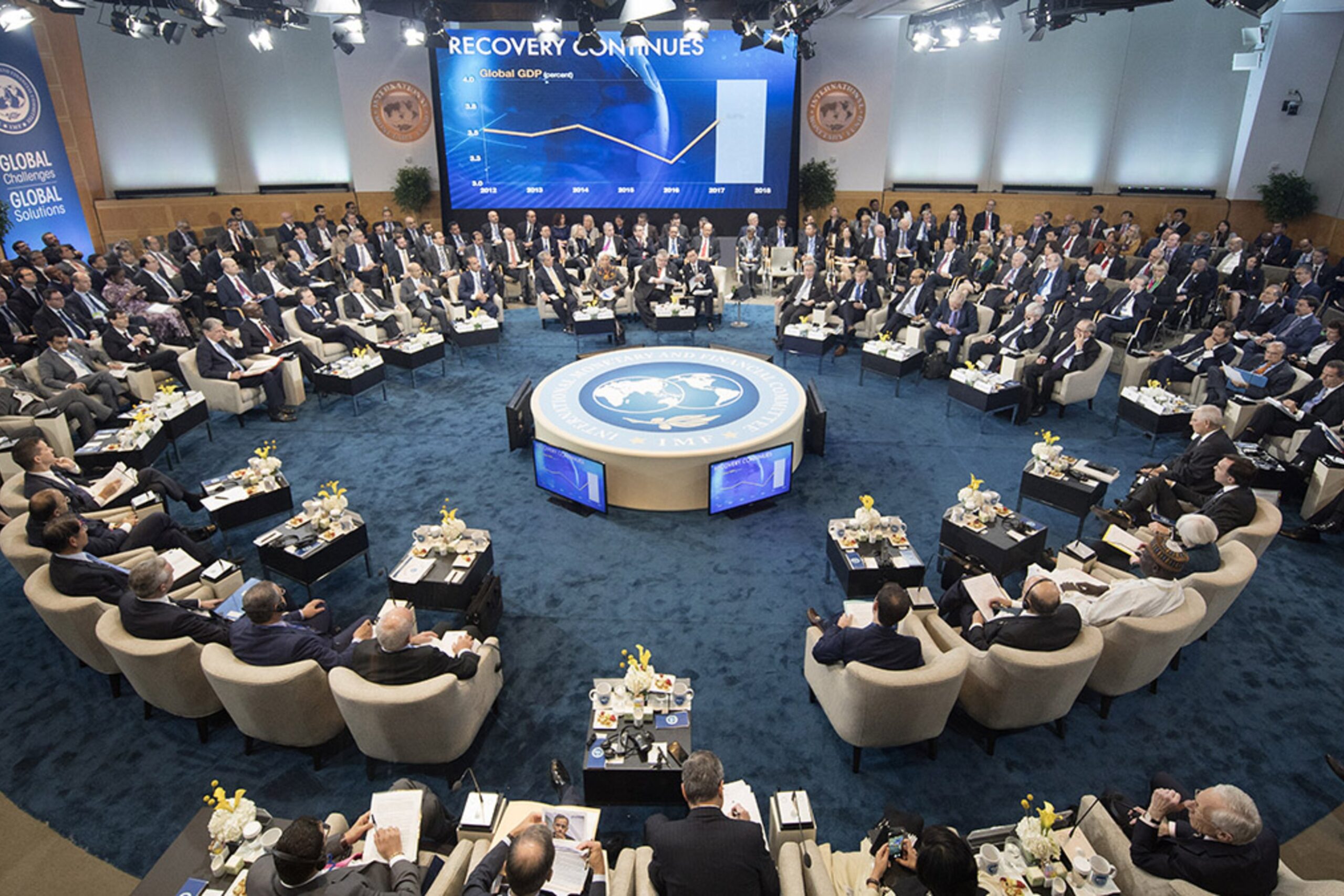Zimbabwe’s economic stability hinges on inflation control
Industry says inflation and exchange rate volatility remain the biggest risks, and if the Government misses its set targets, that could spell disaster for companies.
The Government in the 2025 national budget projected Zimbabwean gold currency (ZiG) inflation to remain stable, with an average month-on-month inflation of below 3 percent on the back of tight fiscal and monetary policies.
However, it noted any deviation from these assumptions, including the widening of the premium between the official and parallel markets, will severely impact macroeconomic stability. Confederation of Zimbabwe Industries (CZI) president Mucha Mukanganwi at the 2025 post-budget meeting on Monday said inflation remains the biggest risk to companies.
“We have a lot of structural issues, and the budget is part of the journey to address them. We are therefore worried that should the Government miss its inflation and exchange rate targets, the macroeconomic environment will be more difficult for the companies,” he said.
Inflation pressures emerged in August to October 2024, attributable to a surge in parallel market foreign exchange activities, which worsened adverse inflation expectations.
The period also coincided with the official devaluation of the local currency by as much as 43 percent. This stocked month-on-month inflation to go just above 37 percent in October then coming down to just above 11 percent in November 2024.
Consequently, the Monetary Policy Committee (MPC) implemented stabilisation measures that included increasing the bank policy rate to 35 percent and standardising statutory reserve requirements for deposits to 30 percent.
The MPC also said it will allow greater exchange rate flexibility and reduce the limit on foreign exchange individuals can take out of the country. The local currency was officially depreciated to US$1: ZiG24,39, while the amount that can be taken out of the country was reduced from US$10,000 to US$2,000.
These measures, among others, are expected to anchor exchange rate stability and low inflation.
However, Construction Industry Federation of Zimbabwe (CIFOZ) chief executive Martin Chingaira said the delay by Treasury to release funds for projects is making project implementation costly.
“Cost of implementing projects will be high if funds are delayed as inflationary pressures erode the capital, and the companies also need to mobilise and demobilise,” he said.
He noted that the Government should prioritise one project at a time and finish it before embarking on another one similar to the current project.
“The Bulawayo-Beitbridge highway projects have outstanding 108 kilometres that have not been completed, but already the Government has started works on the Harare-Chirundu highway. But the time the funds to complete the 108 kilometres are availed, it will be costly for the construction companies due to exchange rate and inflation challenges,” he said.
However, Finance, Economic Development, and Investment Promotion Minister Mthuli Ncube said the monetary policy measures have begun to have a positive impact, as both the official and parallel exchange rates have stabilised.
“In the short to medium term, the Government and the Reserve Bank of Zimbabwe (RBZ) will continue to respond to emerging pressures in order to entrench macroeconomic stability,” he said.
He added that in order to consolidate exchange rate stability, the monetary authorities will entrench the efficiency of the willing buyer, willing seller foreign exchange rate system to enhance price discovery and use its monetary tools to anchor price stability.
Minister Ncube noted that the Government will deploy complementary fiscal and monetary policy tools to ensure the stability and acceptance of ZiG in the economy.
“Both fiscal and monetary authorities will continue to monitor market liquidity conditions through the Liquidity Management Committee,” he said.
Economist James Wadi said economies characterised by high levels of informality are often perceived as high-risk environments by potential foreign investors, and this perception often impedes economic growth and development.
“We have talked about how we can reverse the informalisation of the economy, and when I did my research, I realised that informalisation is not only a Zimbabwean problem but an African one.
“We should make the formal sector attractive for businesses to move from being informal. From an investor perspective, oftentimes economies with high informality are viewed as high-risk environments, so if we are to remain highly informalised, investors will see our environment as high risk,” he said.-ebsienssweekl









